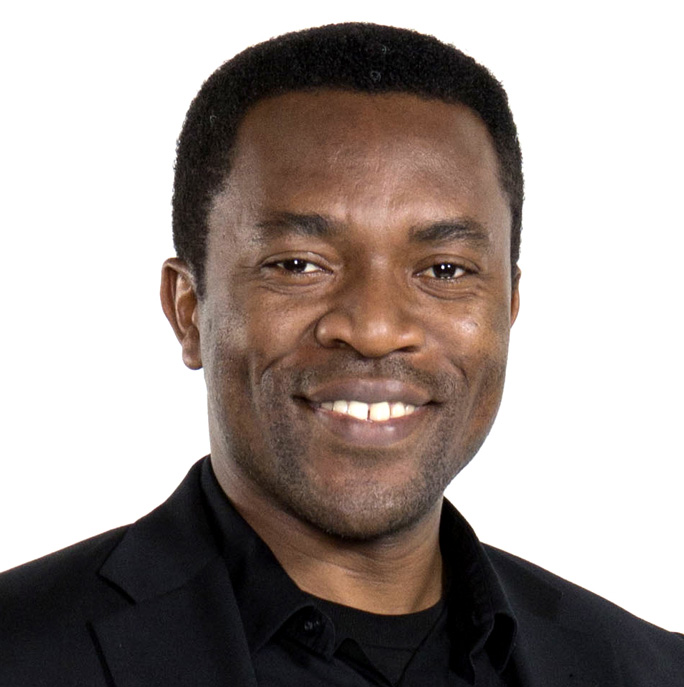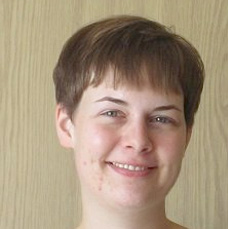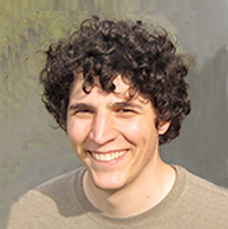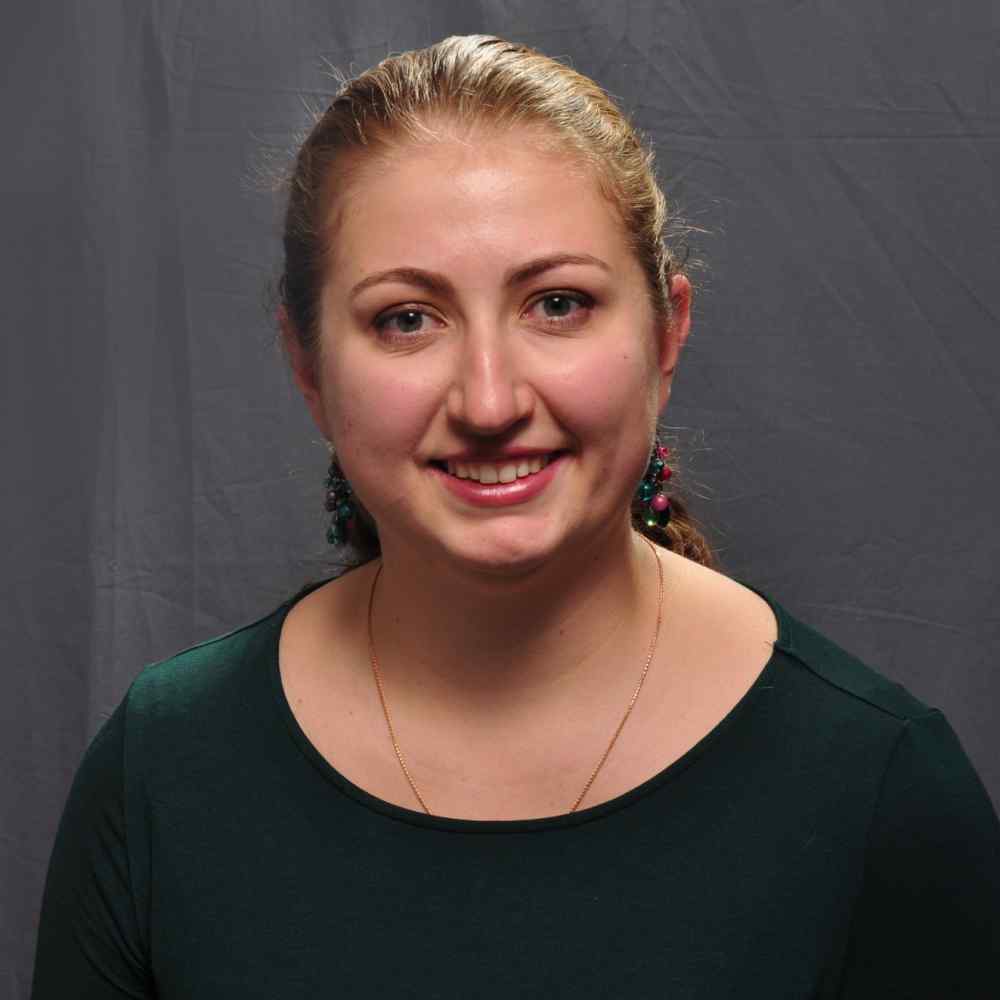SCAN Students
Penn’s Graduate Certificate in Social, Cognitive and Affective Neuroscience (SCAN) program serves a wide variety of students, who have in common the need to understand the implications of contemporary neuroscience for their field of study. Though there are differences in the aspects of neuroscience that are most relevant to different fields, there is a surprisingly large common core of knowledge that is essential for many disciplines and professions. This common core encompasses the neuroscience of human psychology and behavior, in other words social, cognitive and affective neuroscience.
Areas of Study
Business: Students interested in the neuroscience of decision-making and marketing, or the business of brain-related medications and devices.
Communications: Students interested in the neuroscience of communication and persuasion.
Computer science, engineering and applied math: Students interested in modeling and analysis of neural networks, neuroimaging methods including image analysis, artificial intelligence and human-computer interaction.
Education: Students interested in the implications of neuroscience for the teaching and learning of average, gifted and special needs students; or interested in science teaching with a focus on neuroscience.
Humanities: Most often doctoral students who study linguistics (with a focus on neurolinguistics), literature (with a focus on cognition and neuroscience in literary theory), philosophy (with a focus on philosophy of mind, philosophy of science, or on neurophilosophical approaches to metaphysics, epistemology or ethics) and religious studies (neurotheology).
Law: Students interested in the many ways in which neuroscience relates to legal issues, e.g., the brain bases of self-control, criminal behavior and rehabilitation, regulatory issues in biotechnology/neurotechnology, the use of brain imaging evidence concerning competence, responsibility and truthfulness.
Medicine, nursing and bioethics: Students interested in specialties such as cognitive neurology, neuropsychiatry, behavioral pediatrics, geriatrics and neuroethics.
Social sciences: Doctoral students in this category include those in anthropology (with interests in social studies of science, technology and health; medical anthropology), criminology (with interests in causes and risk factors for criminal behavior, corrections and effects of prison), economics (behavioral economics and neuroeconomics), history and sociology of science (of neuroscience and neurotechnology) and sociology (including health disparities research, group identity and biology).
Student Quotes
“The SCAN program has helped me learn enough about brain function to inform my analyses of data from fMRI and other studies. That has allowed me to apply a wider variety of statistical methods, while simultaneously improving my interpretation of the results.”
“Neuroscience is a rapidly evolving discipline, providing some of the most sophisticated explanations of human behavior. While the law has spent centuries incorporating behavioral economics and psychological theories into its doctrine from crime and tort to contracts, the findings of neuroscience will inevitably supplement and rewrite how judges and lawyers understand human behavior. SCAN is an intellectually exciting, interdisciplinary and not overly intimidating plunge into this critical new information.”
“I used neuroscience research in the creation of workshops on the training of Mission Critical Teams that were taught to US Army Special Operations, US Navy Special Warfare, New Zealand and Australian Special Air Service, the FBI and the Fire Department of New York.”
“At the beginning of the program, my interest in neuroscience was related to my interest in criminal law, and this still holds true. In going forward in intellectual property, I expect my experience with neuroscience courses will continue to help me in ways I didn’t expect.”
“The SCAN certificate trained me to become a thoughtful, informed researcher at the intersection of ethics and neuroscience. The resources available at Wharton and Penn more broadly are outstanding. I am able to study ethical decision making in organizations alongside an impressive and growing group of academics who share my passion for ethics, business and neuroscience.”
“As an MD/PhD student in anthropology, the neuroscience I’ve learned in the SCAN program goes beyond what is covered in the basic medical school curriculum. Although medical school does cover many of the same concepts (sometimes with more detail when clinically relevant), my SCAN courses have gone much further in terms of thinking critically and scientifically about how we know what we know in neuroscience, and about the process of translation between basic research and clinical and policy applications.”





